Thanks for your support! If you make a purchase using our links in this article, we may make a commission. And, as an Amazon Associate, I earn from qualifying purchases. See the full disclosure here.
Are you planning to travel America’s highways in your retirement? Or, maybe you want to enjoy summer camping trips with your family. Either way, you may be considering the pros and cons of leasing or purchasing a motorhome.
Depending on your circumstances, either option offers certain advantages and disadvantages. There is a third option, renting, which you may want to consider; especially if you’re just getting started in RVing. A thorough understanding of the pros and cons of renting, leasing, or buying a motorhome is essential to making your initial foray into the world of RVing an enjoyable one.
Should You Rent, Lease or Buy a Motorhome or RV?
The first question to ask is, have you ever set foot in a motorhome before? If the answer is no, then you should consider renting a few times before deciding between a lease or purchase. Renting a motorhome for a few trips can provide you with valuable experience that will aid you in your future RV purchase or lease decisions.
Trying to learn about the many motorhome characteristics and options by talking to a sales associate would be a challenging task. However, spending time driving, traveling, and camping in a variety of motorhomes will give you the experience and confidence needed to make a smart decision. And, you get to explore this new recreational activity at a lower cost.
Many rental motorhomes do not have mileage caps. No mileage cap means you can travel to a local state park, Yosemite National Park, or the Florida Keys without putting all that initial “trial period” wear and tear on your motorhome.
For the cost of a daily rental fee, fuel, and perhaps optional trip insurance, you will be able to see if you enjoy traveling in a motorhome. You can also test different types, makes, and models. This hands-on experience will be valuable when you are talking to a sales associate and making the decision to lease or buy.
However, renting does have its limitations. If you plan on taking frequent trips or want the flexibility to leave at a moment’s notice, renting may not be the best solution long term.
Renting a Motorhome
If you only take the occasional weekend camping trip or a two-week vacation every couple of years, perhaps renting a motorhome is your best option. You get to enjoy the adventures of RVing without the costs of the initial purchase or lease, maintenance, insurance, and storage.
How to Find Great Deals on Long-Term RV Rentals
The best place we’ve found to get the best deal on a long-term RV rental is through a private RV rental website like Outdoorsy. You can rent an RV from trusted RV owners, plus you get free roadside assistance. And they also offer up to $1M insurance on every rental so it’s safe and convenient.
Finding RV rentals or long term rentals or leases on their platform is easy. Just head over to their site, plug in the city or state where you plan to stay, enter, the keyword monthly or long term, and enter your travel dates. You will then see all of the available long term or monthly RV rentals. It is incredibly easy! Here is a screenshot of the Outdoorsy website below.
You can also filter your search by type of RV Type, price and number of people it can sleep. There are other filters you can use to see RV amenities, customer reviews if it’s pet friendly, and you can even enter specific keywords (like “Winnebago” or “monthly”).
Once you narrow down your list to some good potential rentals, you can message the RV owners to see if they’ll make a deal with you. Sometimes, you can get them to lower their prices for long-term rentals or increase the mileage you can drive at no charge. The price on the site is just their public price, but many RV owners will negotiate with you!
I also recommend that you read the customer reviews before you rent. The reviews will tell you if the owner is easy to work with as well as the condition of the RV. Outdoorsy has a rigorous process to ensure that only credible RV owners get on their platform, but sometimes a bad egg can slip through.
Leasing a Motorhome
Leasing a motorhome is different than leasing an automobile. When you lease a car you can have the most luxurious and up-to-date amenities without the cost of a full purchase. After your lease period, you will have the option of purchasing your vehicle at a reduced price or trading it in to lease or buy another one.
Leasing a motorhome or RV just means renting an RV for a long period of time, usually a month or more. And for some folks long term rentals are perfect. For example, people who live up north may want to lease a motorhome for 4 to 6 months and go to Florida for the winter. Or people who live in the south may want a long term RV rental to travel up in the cooler climate of the north for the summer.
Some of the biggest advantages of a long term rental are the lower cost per night to rent a motorhome or RV and the not having to maintain the RV or pay storage costs when not in use. The best option for finding a long term RV rental is Outdoorsy. Outdoorsy also offers short term rentals from private owners but some of those owners also consider long term rentals at discounted prices. And, you can always negotiate the price with the private owner. In addition, roadside assistance and additional insurance are offered.
Leasing does have its downsides as well. One is the mileage restrictions. In most cases, a lease will place a limit on the number of miles you can drive in a given year. If you exceed this limit, you can find yourself paying a hefty surcharge for the extra mileage. While you can sometimes purchase a high-mileage lease, these will typically have higher up-front costs. If you are planning on cross-country trips, buying a motorhome may be a better option.
Buying a Motorhome
There are several advantages to purchasing a motorhome. First, it is yours. A real home away from home. There are no mileage caps, and you don’t have to worry quite as much about keeping it pristine so you can turn at the end of your lease period and not get hammered. If you want to travel with your family pet, it is not a problem. By taking good care of your motorhome, you can minimize depreciation and improve the resale value of your RV should you later decide to sell it.
The disadvantages of purchasing a motorhome are simply the higher purchase cost and any ongoing maintenance costs. There will be expenses for tires, tune-ups, and brakes, and there can be storage fees if you have no place to park it at home. Also, motorhomes are not noted for their excellent fuel economy.
However, we have two pieces of advice we tell everyone who is considering buying an RV:
- Rent an RV before you buy one. This way you can be sure you are making the best buying decision and you will not experience buyer’s remorse.
- Buy a used RV if you want to get the best price and not get killed by depreciation. A new RV can depreciate as much as 25% in the first year alone!
Deciding What Type of Motorhome to Buy, Lease or Rent
Motorhomes primarily come in three classes: Class A, Class B, and Class C. Let’s take a look at the pros and cons of these three basic types of motorhomes.
Class A RV Rentals
These are the biggest and more expensive of the three motorhome types. Typically, Class As are the motorhome of choice for dedicated full-timers. Class A motorhomes are built either on a bus chassis or as purpose-built models. They come in both gasoline and diesel engine variants. While some models may be as long as 45 feet, no special CDL license is required to operate one.
These motorhomes offer the most interior space and features. Many are equipped with slide-out sections and a separate master bedroom suite. The list of features to choose from is exhaustive and includes washers and dryers, full baths, home entertainment centers, and plenty of storage and cargo space.
While Class A motorhomes are great for both the weekend getaway and full-time RVing, their size makes them a bit intimidating. Traveling twisty mountain roads can be dangerous, and some narrow roads or streets may be inaccessible. Once set up on a campsite, leaving to run a quick errand can be problematic. Therefore, many opt to tow a smaller car to overcome this problem. In addition to the high initial price tag, Class A motorhomes also have higher costs for insurance, repairs, and fuel.
✅ Pros
- Larger interior living space
- Many options to choose from
- Plenty of cargo space and storage
⛔️ Cons
- Often requires towing a smaller vehicle for day trips
- Expensive to insure, operate, and repair
- Intimidating to drive
Class B Rentals
Many RVers refer to Class B motorhomes as camper vans, and they are typically built on a standard full-sized van chassis with a raised roof to facilitate walking upright. Class B motorhomes come with both diesel and gasoline engines. While they can be reasonably expensive initially, they are much more economical to own and operate.
These smaller motorhomes provide comfortable sleeping quarters for one or two people, and all the amenities needed to be comfortable on the road such as a refrigerator, sink, hot water, showers, toilets, heating, and air conditioning. And, due to their smaller size, they are much easier to drive, maneuver, and store; often fitting in a standard garage.
✅ Pros
- Easy to drive and maneuver
- Less costly for fuel and maintenance
- Easy campsite setup
- Practical for day trip excursions and errands
⛔️ Cons
- Restricted interior living space
- Limited storage and cargo areas
- Only suitable for one or two people
- Limited amenities
Class C
Generally, Class C RVs are midsized RVs, ranging from 20 to 33 feet in length. They are built on a truck or van chassis and intended for families that want a motorhome that is a bit more budget friendly. These will have many of the same features as Class A motorhomes, but at a lower overall cost.
Class C motorhomes offer more space than the Class B models and offer many of the amenities found in the Class A models. They typically have a toilet and shower facilities, as well as an adequate kitchen and plenty of sleeping space. Couches and tables often convert into additional beds, and the area over the cab can be used for storage or extra sleeping space as well.
Class C motorhomes can be just as challenging as their larger Class A cousins to drive but are a bit easier to manage in restricted campsites. As with the Class A models, travelers often opt to tow a smaller vehicle for short trips. Fuel, maintenance, and insurance costs are slightly better than the Class A models but are still relatively expensive to operate when compared to their Class B cousins.
✅ Pros
- Large enough for a family
- Plenty of sleeping space
- Self-contained with all necessities
- Less costly than Class A motorhomes
⛔️ Cons
- Expensive to operate and maintain
- Driving is still intimidating
- Some luxury amenities are not available
- Often requires towing smaller vehicle for day trips
If you want to learn even more about all of the RV Classes check out our article called What Are RV Classes? – All Types and Styles Explained. Although we only discuss the three most popular types of RVs in this article there are actually 9 types of RVs and trailers available to purchase. lease or rent.
Driving a Motorhome for the First Time
So, now you’ve rented, leased, or purchased your first motorhome. Driving any motorhome, and especially the big Class A models, for the first time, can be stressful and challenging. Fortunately, there are a few things you can do to help make that first RV road trip a positive experience.
First, learn to utilize and trust your motorhome’s safety equipment. You will need to get comfortable using the side mirrors and the rear and side view cameras if available. Understand that a lot of faster moving vehicles will fly by you and driving in traffic will be disconcerting at first. However, you are a lot bigger; they will do their level best not to hit you.
Second, RV miles are very different than car miles. Driving a motorhome will be a lot more fatiguing. You will want to take more frequent breaks. Learn to slow down and enjoy the drive. Experienced RVers set a daily travel limit of 250 to 300 miles each day.
Third, learn to judge where you are in your lane. Your new motorhome will seem very wide. However, it is not more than a few feet wider than your car. You will appear to be closer to that center line than you are. Use your side mirrors and learn to stay centered in your lane.
Last, learn not to fight with the steering wheel. Making corrections for strong winds is similar to making adjustments needed in a car when being passed by a semi-trailer truck. It is important not to over-correct.
RV Education 101 offers some terrific video courses to help you learn to drive an RV, and pretty much any other topic you can think of too. I used their videos to learn when I got started RVing. Mark Polk does an excellent job of teaching and explaining how and why everything works.
Ready to Buy, Lease or Rent an RV?
Buying or leasing a motorhome is a big decision, so take your time. Try renting a few different models to see what suits your needs and to get comfortable driving and traveling in one. Take the time to understand the pros and cons of the various sizes and amenities available. By the time you have decided RVing is right for you, you will be ready to make a smarter lease or purchase decision. After that, it’s wide open.
For more information about purchasing, leasing or renting an RV check out our Buy, Sell or Rent and RV page or any of these helpful articles.
- Why Blacksford is the Best RV Rental with Unlimited Miles
- 15 Essential Rental Tips For First Time RV Renters
- 9 Best Reasons to Rent an All-Inclusive Blacksford RV
- 4 Best Rental Options for a Small Drivable RV
- 11 Smart Reasons to Rent To Own an RV
- Are Dogs Allowed In RV Rentals?
- What’s the Average Discount When Buying an RV Through Costco?
- How Much Does a Class C RV Cost?
- 21 Must-Have RV Accessories for a New Camper or Travel Trailer
Do you have any comments about buying, leasing or renting an RV? Please share your comments below!

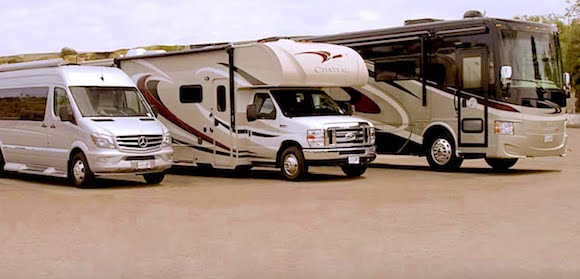

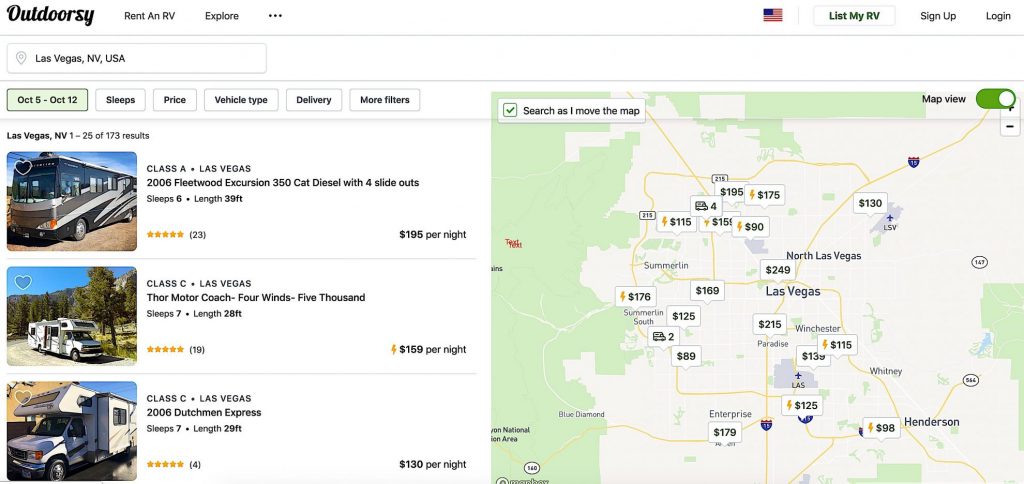
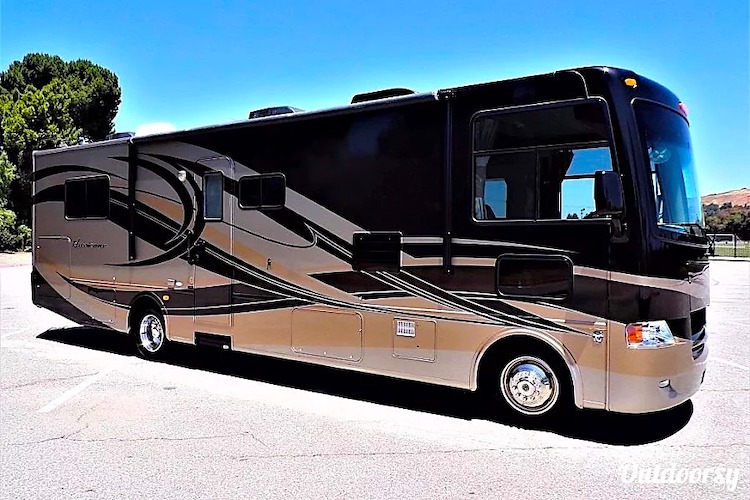
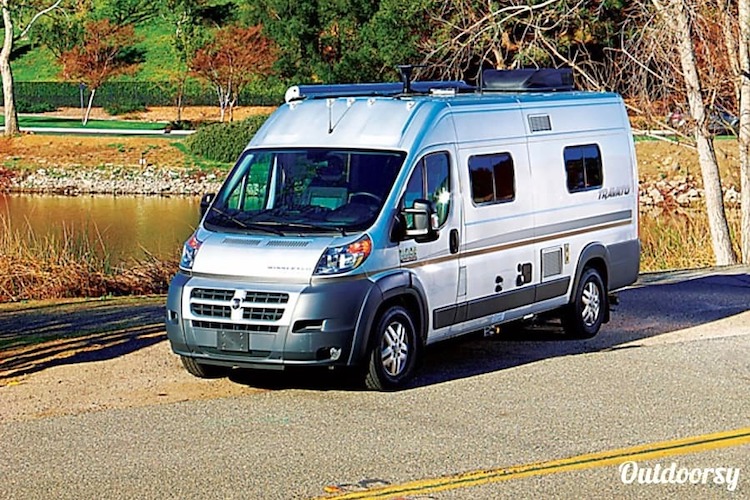
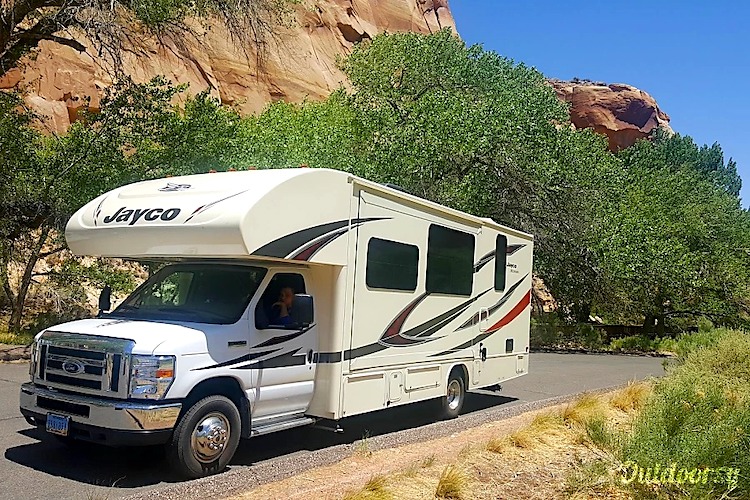
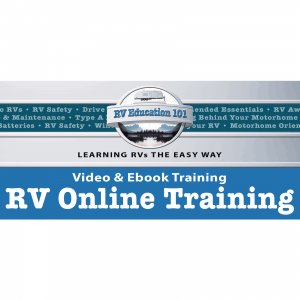

I have not leased a camper before, but the nightly prices seem high. By the time you add in insurance, mileage, and fees, you might as well stay in a hotel. I know the campers are not as germy as hotels, but I don’t see many advantages to renting/leasing a camper/motorhome.
I am open to somebody explaining to me if I am looking at the pricing wrong. At this point, too expensive for me!